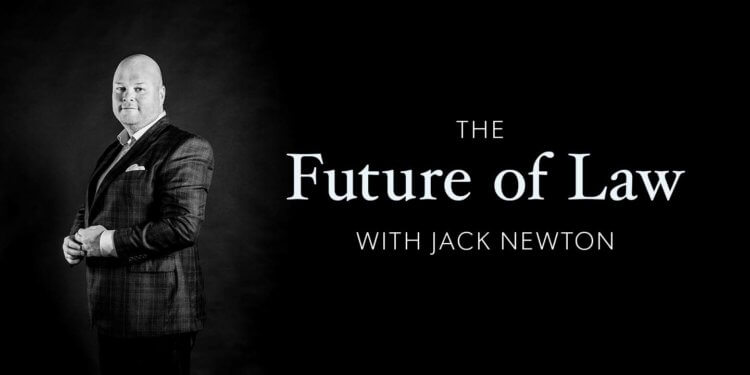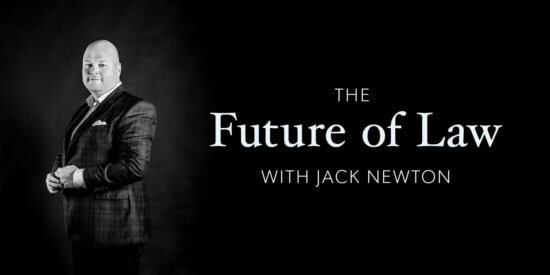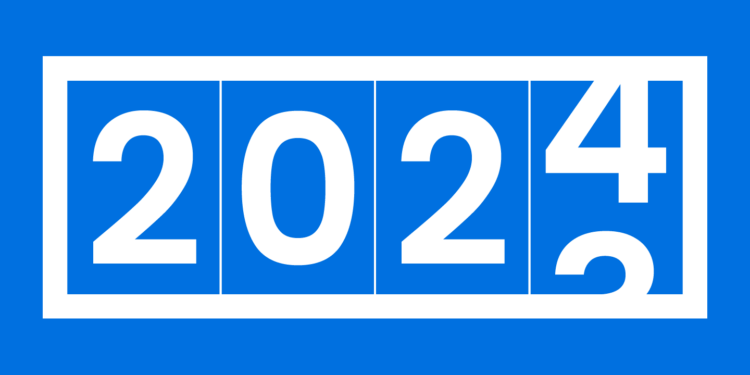The Future of Law: A New Vision for Legal
As law firms head into 2021, I’ve talked at length about adaptability, and about how I believe in the resilience of lawyers to do what’s best for their businesses and their clients to build a thriving legal industry. Iterative change and innovation are important, but the external factors that drive change are not slow and meandering—they come as a shock to the system and demand immediate action, as the pandemic and other events of 2020 have this year.
Charles Darwin famously stated, “It is not the strongest of the species that survives, it is the one that is the most adaptable to change.” But that change is not stable and progressive—it is punctuated by moments in time where dramatic geologic events drive rapid change. Paleontologist and evolutionary biologist Stephen Jay Gould postulated that this model of “punctuated equilibria” was a far better representation of the history of life than phyletic gradualism.
Species are in stasis for a long time, then they experience an event or period of disruption, and then they emerge to a new state of stasis, according to Dr. Gould’s studies. COVID-19 has, for legal as was the case for so many other industries, served as a “punctuated equilibrium” event. In the absence of such a forcing factor, the legal industry has been in a period of relative stasis for decades. Thanks to the macro-level impacts of the pandemic, the legal industry has seen more change in the last eight months than in the last eight decades.
The punctuation that is COVID-19 will drive the speciation of law firms into two groups: those that have rapidly adapted to the new realities of the COVID-19 landscape, and those that are unable or unwilling to change. There will be some law firms that struggle significantly in this new reality, and some that will fail outright. But the law firms that rapidly adapt will be the law firms that not only survive, but thrive in our new legal environment.
The benefits of adaptation were borne out in the findings of our 2020 Legal Trends Report. We analyzed aggregated and anonymized data from tens of thousands of legal professionals to compare how the use of three technology solutions within the Clio platform—online payments, client portals, and client intake and CRM software—affected business performance. Those using the technologies studied saw much better year-over-year business performance throughout the pandemic. Additionally, we saw that the adoption of more than one technology showed a compounding effect on business performance, both in terms of impact during the coronavirus pandemic and overall volume of casework and revenue collection.
For example, firms that used electronic payments saw negative impacts mitigated by up to 5% during the initial months of the pandemic, when law firms saw a dramatic decrease in new casework. Through the summer, those using electronic payments collected 2% to 3% more. Firms using client intake software in 2020 saw over 20% more cases every month from February onward, and are projected to collect $27,304 more revenue per lawyer.
In total, firms using online credit card payments, client portals, and client intake solutions together are projected to collect $37,622 more revenue per lawyer in 2020.
Urgent change is necessary for the long-term survival of the legal industry, but there is also a massive opportunity to drive business growth. Law firms who respond to the punctuated events of 2020 by adapting to bring us to a new equilibrium will bring in more revenue, secure more clients, and position themselves to provide legal services to those who need it.
Change has happened, and continues to happen, at an incredibly rapid pace. This might seem overwhelming, but it’s important to keep in mind that keeping a growth mindset is most important. Leveraging the mindset of VUCA Prime to bring vision, understanding, clarity, and agility to an uncertain world will ensure your firm can continuously adapt, and therefore succeed. Because innovation is an ongoing process, where there is no finish line.
While the punctuated event might feel sudden, the resulting changes don’t need to happen all at once. I’ve talked about the aggregation of marginal gains before, and how small, consistent changes have compounding benefits—and often this happens faster than you’d think. Perhaps this is the new vision for legal: One of deliberate, but consistent innovation.
As the late Harvard Business School professor Clayton Christensen has said, “disruption is a process, not an event, and innovations can only be disruptive relative to something else.” This resonates with me deeply, and provides further encouragement to lawyers that even in the midst of punctuated events, innovations can be small and iterative—as long as law firms keep moving forward. Take this approach to law firm innovation, and you’ll build a better normal for your law firm, emerging in this next legal industry equilibrium as a success.
We published this blog post in November 2020. Last updated: .
Categorized in: Clio, Technology









